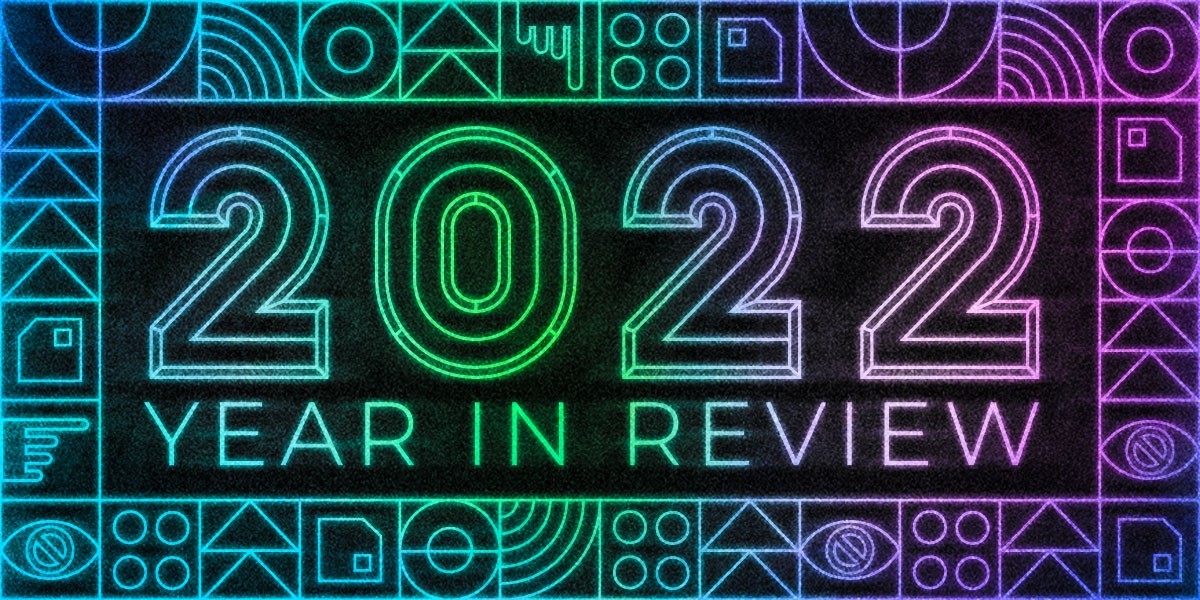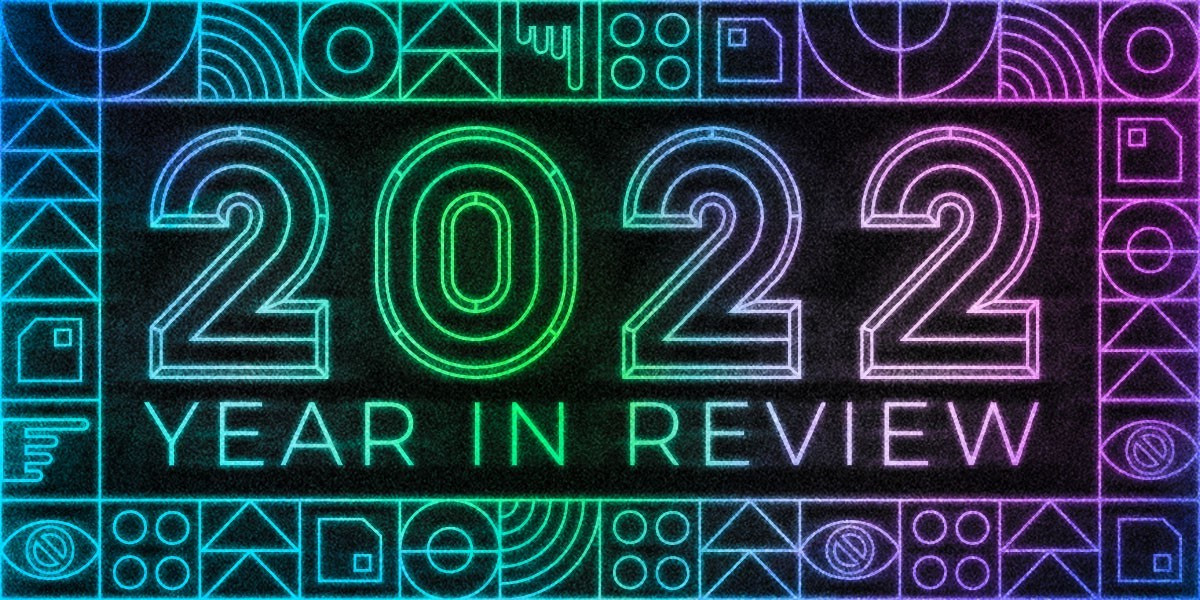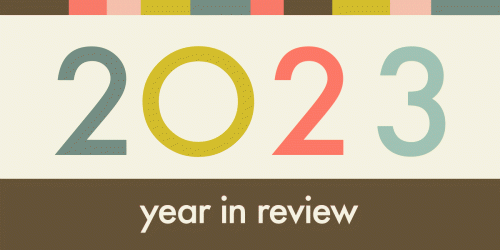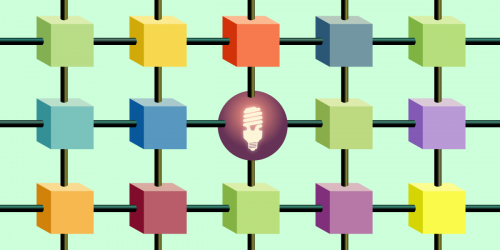This year has been a roller coaster for the movement to decentralize the services and tools that we rely on every day. Decentralizing internet services may help remedy concerns ranging from traditional big business competition to online privacy.
In order to devote closer attention to these issues which impact user autonomy and competition online, this year EFF hired a Senior Fellow of Decentralization, Ross Schulman. Among other projects, Ross spearheaded EFF’s involvement in DWeb Camp and Unfinished Live. In the wider world, the cryptocurrency markets have continued their dramatic volatility in 2022, which, combined with ongoing allegations of large scale fraud, has led legislators both at the federal and state levels to explore regulations in the space.
In August the US Treasury Department’s Office of Foreign Assets Control (OFAC) announced that it was placing a cryptocurrency privacy tool called Tornado Cash on one of its sanctions lists due to its use by North Korea, effectively prohibiting its use by people in the US. Many cryptocurrencies pose unique problems when it comes to financial privacy, since all transactions are publicly recorded in the global ledger. Tornado Cash was created to enable private and anonymous financial transactions on the Ethereum blockchain. Many people may want or need that privacy to operate, for perfectly lawful reasons, such as when paying for medical care, supporting LGBT groups in repressive regimes, or giving to religious organizations. But as with many technologies, it can also be used for unlawful purposes.
The OFAC decision was ostensibly intended to address those unlawful uses, but it was far too vague. Publishing these tools implicates core First Amendment rights, because, as EFF made clear: code is speech. Because OFAC’s order was ambiguous as to whether it was attempting to control the actual code that ran Tornado Cash’s smart contracts, GitHub removed the public code repository of Tornado Cash and disabled the accounts of its primary developers. Courts have held since the late 1990s that computer code is a form of speech protected by the First Amendment, and OFAC’s actions could have impacted that freedom. We wrote publicly about that fact and, thankfully, OFAC clarified shortly afterward that they were not including merely hosting or discussing Tornado Cash’s underlying code in the new sanctions, removing that concern.
OFAC’s actions raise a number of other questions, however, from fundamental privacy rights online to questions of jurisdiction when it comes to autonomous code running on blockchains. We are following these issues closely.
After a few year’s hiatus due to COVID, 2022 also saw the Internet Archive return to hosting the Decentralized Web Camp. This year’s DWeb Camp took place in the redwoods outside Mendocino, California at the end of August. Coming just a couple weeks after OFAC’s Tornado Cash announcement, law and policy were front of mind for many of the participants, and EFF participated in conversations about the possible future outcomes, the biggest stumbling blocks with legislators and regulators, and how to effectively impact and advocate with governments.
Finally, in the last couple months of 2022 we have seen a boom of interest in the possibilities of decentralization sparked by the actions of what might be the unlikeliest of sources: Elon Musk. Rather than take our advice to improve the platform, he slashed a vital verification system and responsible content moderation. As a result people began investigating alternatives in large numbers. Many concerned users turned to the “fediverse,” a collection of interconnected social networks driven by the ActivityPub protocol, the most prominent of which is called Mastodon.
The fediverse is a great example of a decentralized model for online services. It follows a federated network style (hence the “fediverse” name), much like email, and it enables a number of great benefits compared to centralized alternatives. But it is also raising a host of new challenges as well as new facets of old challenges. We at EFF have put out a few pieces explaining the fediverse, its potential, and how to find a home there and get settled. We’ll be continuing this series and work to help realize the promise of a fully interoperable approach to social media.
Overall, 2022 was an exciting time for the broader decentralization movement, but it was just the beginning. With a number of opportunities presenting themselves to lessen the overwhelming control that the few huge internet platforms exert over online life, We’re looking forward to going into 2023 ready to promote a decentralized web that offers more autonomy and democratic control for the people who rely on it.













